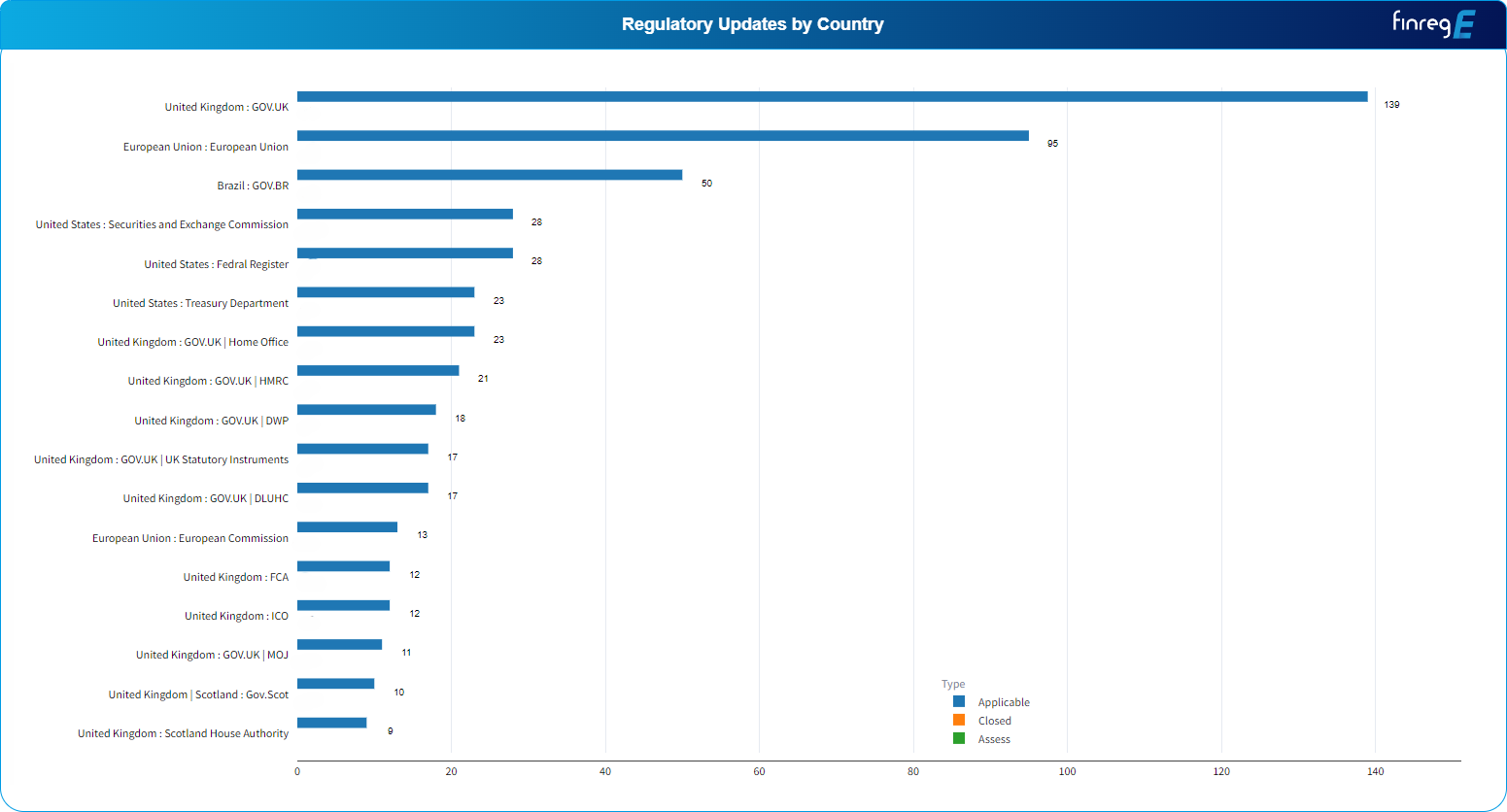With investments in RegTech set to reach over $10.6 billion in 2022, the technology is expected to make a significant impact on the industry.
The reason behind this massive investment is simple: banks, insurance companies, and other financial institutions are paying a high amount of fines, over $3000 billion, in fines since 2008 and over $270 billion annually on compliance spending.
To reduce compliance fines and cut down compliance spending, organisations are turning to automated compliance technology to make compliance more manageable.
In a few years, we can expect RegTech to play an integral part in compliance operations. However, this leads to several questions about the role of regulatory experts in a landscape that is subject to automation.
Once entrusted with critical regulatory functions, such as connecting internal operations to external compliance updates, regulatory professionals are finding their responsibilities taken up by automation solutions, prompting experts to reconsider their function in the overall regulatory process.
This blog explains how the role of regulatory consultants can evolve in the near future.
The role of regulatory experts with automated compliance technology
Regulatory professionals today are seeing their work slowly shift from regular routine tasks to taking on a broader, more strategic role in compliance management. Here are some of the ways a regulatory expert’s role will change.
Create an “enabling” environment for regulation
Regulatory professionals see their role transitioning from that of executing tasks to that of an enabler that facilitates innovation and widescale adoption of new technologies.
Regulators will go from working within a policy framework to desiging a policy framework compatible with RegTech. This includes machine-readable regulation to facilitate reporting requirements.
The new framework can even integrate the wider data economy and other related policies into compliance with regulations.
An alternative method for creating an environment fostering innovation is collaborating with RegTech vendors and providing vendors with a safe environment to test new technologies and helping new regulatory interpretation, making it easier to incorporate new compliance technologies, speeding up innovation.
Scaling solutions and transferring benefits of RegTech
There must be initiatives on the transferability and scalability of automated compliance technology to ensure that financial organisations can benefit from RegTech solutions.
This is where regulators play an integral role. In the new norm, they would be responsible for facilitating the spread of RegTech solutions across the organisation to ensure that their use is accessible.
This is a task that could require multiple functions, including collaboration between regulatory and supervisory authorities when drafting regulations and ensuring that the use of the solution will only follow financial regulatory rules but also standards and security regulations.
This also means that financial regulators will have to work with different international bodies to make RegTech solutions that are transferable, internationally applicable, and scalable across different regulatory jurisdictions because it would help financial organisations meet international regulation standards.
Maintaining system and operational stability
System stability will be integral for adding automated compliance technology into financial regulation operations and making them a regular part of compliance management.
Ensuring system stability will require regulators to develop financial standards and set rules for engagement. This would make RegTech solutions far more accessible and proliferate their use across the organisation.
Regulators will also need to consider how companies use RegTech solutions and ensure they streamline financial compliance management, develop a better understanding of different financial systems, and provide expected returns on their investment.
This could involve working directly with different business units and devising preemptive, proactive regulation that sets guidelines on how the RegTech platform should be used.
Financial regulators will go from executing the regulatory process to actively designing and moulding the regulatory experience within the organisation.
Establishing a new role for experts
With over 34% of spending dedicated towards automated regulatory compliance solutions, we can expect AI, NLP, and machine learning to play an integral role in managing compliance functions.
Given the rise of RegTech in financial regulation, regulatory experts will need to examine their role in compliance management closely.
RegTech solutions can execute daily tasks at faster and more responsive rates than what regulatory professionals are capable of doing.
As such, regulatory experts need to reconsider their role in financial compliance management by moving away from executing regular tasks and architecting processes and frameworks to maximise the value of these RegTech solutions while allowing organisations to make the most of their investment.




